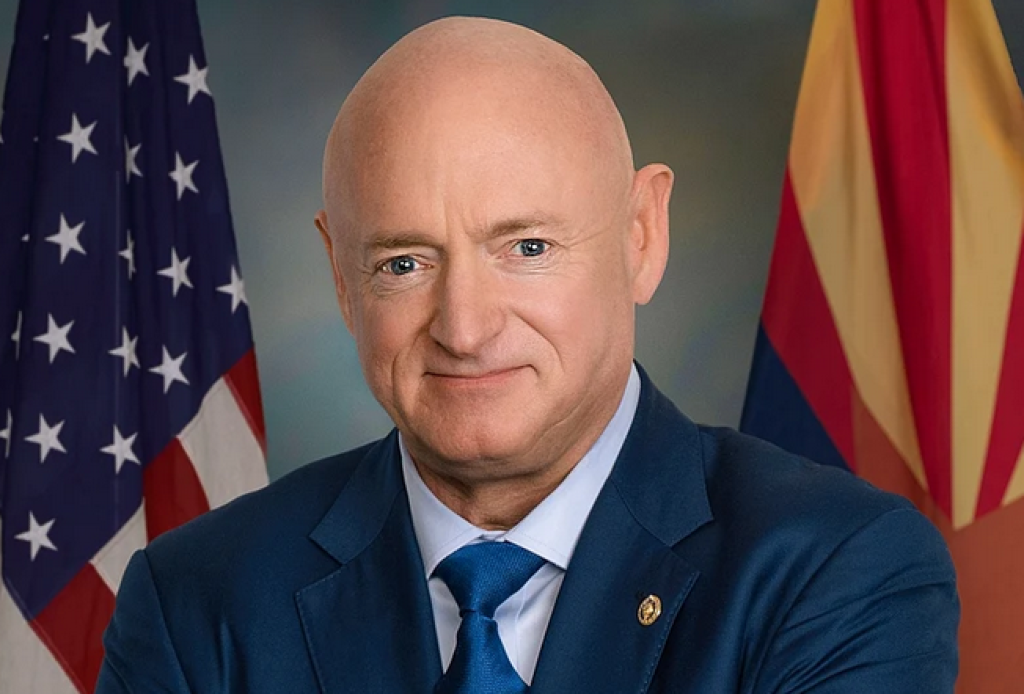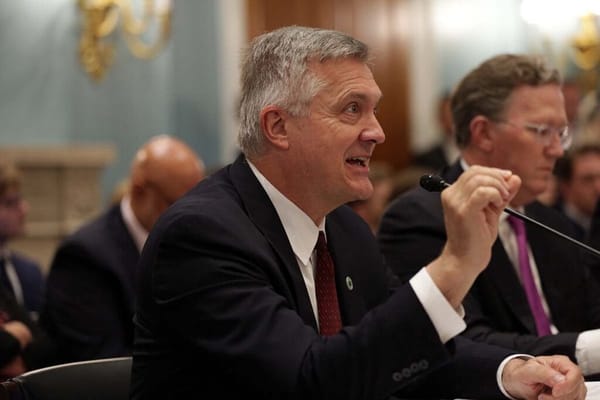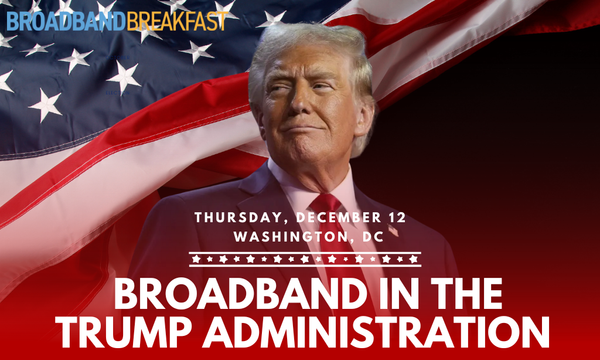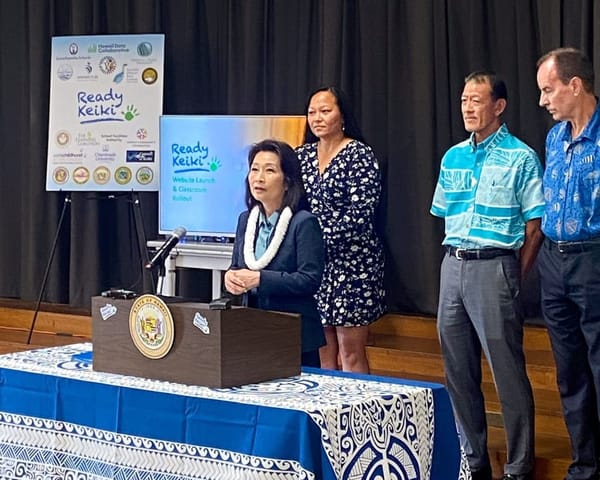Possible Harris VP Choice Wants Big Tech and ISPs to Support Rural Fund
Democratic Senator from Arizona wants to lower the cost of high-speed internet for consumers and rural providers.
Ted Hearn

WASHINGTON, July 21, 2024 – If Vice President Kamala Harris gets the Democratic nomination in Chicago next month, who’s her running mate going to be?
A name that surfaced quickly yesterday following President Joe Biden’s announcement Sunday that he’s leaving the race and endorsing Harris was Sen. Mark Kelly of Arizona.
And Kelly would be a choice unlikely to thrill Big Tech or some major broadband Internet Service Providers because of a policy split on a key federal program intended to promote rural broadband access.
Last November, Kelly introduced a bipartisan bill that would require “big internet companies” to contribute to the Federal Communications Commission’s Universal Service Fund program that helps keep monthly Internet bills affordable in rural America.
“The USF helps Arizonans in rural and low-income communities get access to affordable and reliable high-speed internet, but right now, large internet companies that profit from that expanded internet access don’t contribute their fair share,” said Kelly, referring to Big Tech companies with more than $5 billion in annual revenue. “Our legislation will lower the cost of high-speed internet for consumers and rural providers and expand broadband connectivity throughout Arizona.”
Accoding the bill’s definition of large internet companies, Google, Facebook, Apple, and Elon Musk’s X platform would have to contribute revenue to the USF - something they never had to do.
In addition to Big Tech, Kelly’s bill would require broadband ISPs, including Comcast and Charter Communications, to contribute to the USF for the first time - a policy opposed by FCC Chairwoman Jessica Rosenworcel, a Democrat, because she fears a sharp rise in consumers’ internet access bills.
USTelecom – The Broadband Association and NTCA-The Rural Broadband Association issued statements endorsing Kelly’s bill. Both have rural ISP members that draw from the USF today. Kelly’s early co-sponsors were Sens. Markwayne Mullin, R-Ok. and Mike Crapo, R-Id.
Kelly, 60, won a special election in 2020 for the seat held by Sen. John McCain, R-Az., before his death in 2018. Kelly is married to former Rep. Gabby Giffords, D-Ariz., who was shot in the head and severely wounded during a 2011 assassination attempt outside a Safeway grocery store in Casas Adobes, Arizona.
Kelly is also a former astronaut and and U.S. Navy captain
“He is absolutely beloved” in Arizona, said Meghan McCain, the late Senator’s daughter, on a YouTube webcast Sunday afternoon hosted by political analyst Mark Halperin.
Because of his moderate political profile, Kelly “would be a very dangerous pick for Republicans,” McCain said.
Halperin, who said he did not see anyone challenging Harris for the nomination, said Kelly would be an ideal vice presidential selection.
"I think she'll pick Mark Kelly,” Halperin said.
On his X platform feed Sunday, Kelly endorsed Harris as Biden's replacement at the top of the ticket.
"I couldn’t be more confident that Vice President @KamalaHarris is the right person to defeat Donald Trump and lead our country into the future. She has my support for the nomination, and Gabby and I will do everything we can to elect her President of the United States," he said.
The FCC’s USF program spent $8.1 billion last year, including $4.3 billion on rural broadband subsidies that flow to rural ISPs.
Kelly said he was motivated to draft the legislation because “more than 177,000 Arizona homes and small businesses do not have access to high-speed internet. Nationwide, more than 30 percent of individuals living on Tribal land lack access.”
He was also concerned that the USF was currently funded “through a service fee paid by landline telephone service providers” – a revenue source that continues to shrink as a result of consumer adoption of new communications technologies.
Kelly’s seven-page bill, called the Lowering Broadband Costs for Consumers Act, has a few key provisions, including:
◾ Authorization for the FCC to expand the USF base to ensure edge providers and broadband ISP contribute on an “equitable and nondiscriminatory basis”;
◾ A requirement that the FCC shield small edge providers by limiting edge provider assessments “to only those with more than 3% of the estimated quantity of broadband data transmitted in the U.S. and more than $5 billion in annual revenue”; and
◾ A requirement for the FCC to establish a mechanism to “provide specific, predictable, and sufficient support to ensure that rural ISPs are compensated for expenses incurred by broadband providers that are not otherwise recovered.”







